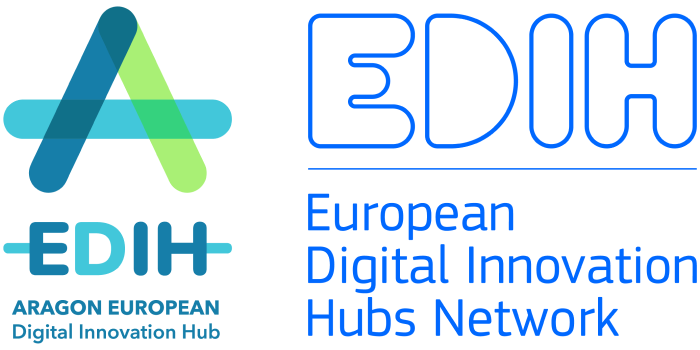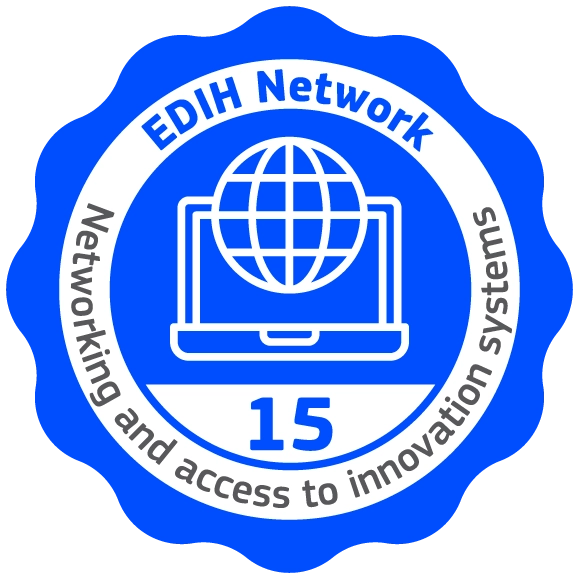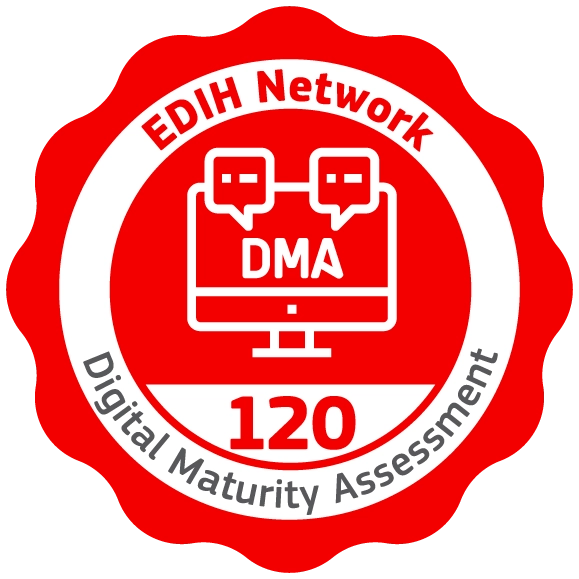Semantic Search Engine
Description
The semantic search engine service enables the extraction of unstructured information from various pre-selected external sources. This information is then structured based on an ontology made up of categories and terms that define a language model. Through a web-based interface, users can view and filter the information across different fields, facilitating strategic decision-making based on the displayed data.
Competitive Advantages
The main advantage offered by this service is that the results it will show to the company are much more relevant and focused on its business, responding to its search needs based on its own information sources, as well as on the terms, keywords or filters identified in the specific context of the company.
Applications
The semantic search engine service allows companies to leverage a datalake that aggregates various data sources. These may include:
- Unstructured sources, such as emails and documents in different formats (DOC, PDF, etc.)
- Structured sources, such as relational databases
Once all sources are collected, the datalake is exploited, the documents are indexed and categorized, and users can perform web-based searches, filtering results by different fields and criteria to extract valuable insights.
This type of solution can be applied across various sectors, such as:
- Insurance: Extracting document information related to policyholders, amounts, clauses, etc.
- Tax: Retrieving information from documents to prepare tax forms or models.
- Public Administration: Displaying useful information from public institutions for citizens to explore and access.
Classification
Technology Areas:
- Artificial Intelligence and cognitive systems
- Data mining, Big Data, database management
Categories:
- Concept validation and prototyping
- Testing and validation
- Market intelligence
Keywords
Semantic search engine, ontologies, natural language algorithms, analysis, categorization, data mining techniques, text transformation, semantic and lexical tagging








